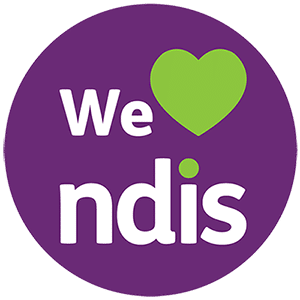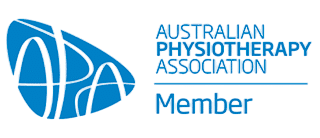Goals are a great way to assist with motivation, measure progress and provide satisfaction on completion. Goals can be super helpful when it comes to rehabilitation but how do we make good goals?
Often it is good to set some short, medium and long term goals rather than just long or short-term.
Creating goals using the SMART format is great way of doing this.
S = Specific
M = Measurable
A = Achievable
R = Realistic/Relevant
T = Time bound
Specific refers to making the goal focused on what you want to achieve. Ideally pick something important to you such as being able to pick up the grandkids again.
Measurable refers to ensuring your goals has some form of metrics to determine if you have achieved it. This could be something like time or distance such as being able to walk for an hour or something like being able to perform an action such as picking the grandkids up.
Achievable means ensuring the goal is attainable so consider what you would need to be able to achieve the goal and hence give an adequate duration of time to achieve the goal. Think about how you would achieve your goals, whether you have the tools/skills needed and if not where to attain them.
Realistic/relevant refers to ensuring your goal links in with your overall goal. For example if your overall goal is to manage pain and improve health a goal to be able to exercise for 30 minutes a day is more relevant then to learn how to play guitar.
Time bound means making target dates of achievement for your goal. Always consider how long a goal will likely take to achieve and provide a suitable target date. Giving yourself too little time can be stressful and challenging but too much time can affect motivation and decrease productivity to your goals. As mentioned it is good to make several goals some being short-term, medium-term and long-term.
Good goals can assist with making positive changes and self-progression, try use these principles the next time you set goals, health related or not!
 WISHING EVERYONE A HAPPY NEW YEAR! WE'VE RETURNED TO OUR REGULAR OPENING HOURS
WISHING EVERYONE A HAPPY NEW YEAR! WE'VE RETURNED TO OUR REGULAR OPENING HOURS




